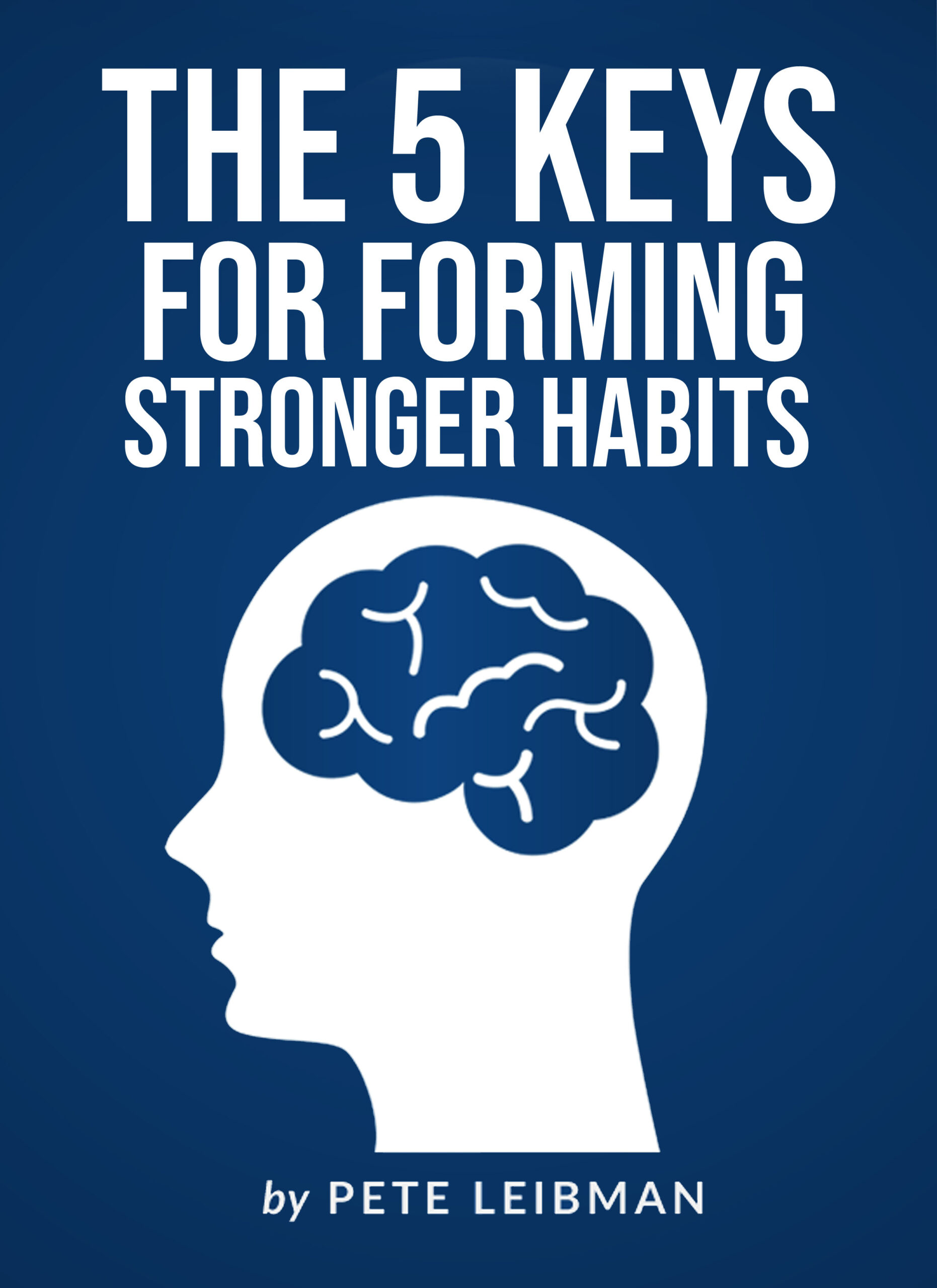
Imagine that it is 8:17 a.m. on a Tuesday morning. After hitting the snooze button for the fifth time, you decide it is finally time to get up. You have to be at work by 9:00 a.m. Your commute takes about thirty minutes, so you will probably be late unless you are out of the house in the next thirteen minutes.
You head to your bathroom, turn on the shower, and jump in immediately. You frantically scrub on and rinse off some soap. Then, you turn off the shower, towel off rapidly, and walk to your closet. It is now 8:20 a.m.
You did not prepare your work outfit the night before, so you search around your closet quickly for something to wear. After getting changed, you brush your teeth for seven seconds. Then, you run downstairs and head out the door. You do not have time for breakfast. It is now 8:24 a.m.
You begin a power-walk (actually, it’s more like a jog) to the train station. You arrive at 8:29 a.m. Luckily, the trains are moving quickly that day and you get to your stop at 8:53 a.m. You get off the train and go back to a light jog. You arrive at work with three minutes to spare, but you are a little sweaty and your heart is racing.
Not exactly a peaceful way to start the day, huh? Unfortunately, this was a typical morning for me right after college. Each day, I abused the snooze button on my alarm clock and slept way too late. Then, I scrambled like a lunatic to get to work on time.
3 Simple Steps to Become a Morning Person
For the first ten years of my life after college, I told myself and other people that I was “not a morning person.” It was a simple and obvious diagnosis. There were years of evidence to back up this belief about myself.
However, soon after my thirtieth birthday, I decided it was time for a change. I broke the snoozing habit and started taking control of my mornings. These days, I get up early (at a time decided the night before). Then, I start my day strong with a focused workout. I turned myself into a morning person, and you can, too. Follow these three steps:
Step 1: Stop saying that you are “not a morning person.”
Each time that you think about or describe yourself a certain way, you increase the chances that your future behavior will be consistent with that identity. And, each time that you behave a certain way, you reinforce an identity consistent with your behavior. I refer to this as an Identity Habits Cycle.
If you tell yourself and other people that you are “not a morning person,” then you will behave like someone who is “not a morning person.” You will snooze and sleep late more often. Then, that behavior will reinforce your identity as someone who is “not a morning person.” The cycle will get stronger and stronger.
The first step to break this cycle and become a morning person is to change how you view and talk about yourself. Your struggles in the morning are not because of genetics or a lack of willpower. Your sleeping habits are probably the issue. That brings us to the next step.
Step 2: Go to bed earlier (including on weekends).
Fatigue is the real reason why people struggle in the morning. That was definitely the case for my former self. Once I started going to bed earlier, it became much easier to stop snoozing and get up on time.
It’s important to keep your bedtime consistent throughout the entire week. If you stay up much later on Friday or Saturday nights, you will experience “social jet lag,” a term coined by Till Roenneberg, PhD, a professor at the Institute of Medical Psychology at the University of Munich.
Unlike travel jet lag, in which your body can reset and adjust to a new time-zone, social jet lag can cause chronic problems. It’s like being in a different time-zone every weekend.
Step 3: Improve your sleep quality.
Even if you spend over eight hours in bed each night, you can still struggle in the morning if you are not getting enough quality sleep. You can improve your sleep quality by optimizing your sleep environment and by developing a peaceful, tech-free bedtime ritual.
A stronger morning begins the night before. If you usually wake up tired, your habits before bed are probably a big factor. Avoid the five common habits that can lead to insomnia and snoozing.
Summary and Final Thoughts
If I could become a morning person, so can you. Follow these three steps:
- Step 1: Stop saying that you are “not a morning person.”
- Step 2: Go to bed earlier (including on weekends).
- Step 3: Improve your sleep quality.
The pace and flow of your morning sets the tone for the rest of your day. Start your day frazzled, and you will carry that stress with you for hours. Start your day strong, and the rest of the day will be easier. Becoming a morning person is definitely worth it.
P.S. If you enjoyed this article, check out my free 40-page eBook and newsletter below.

Free eBook and Newsletter
Download my free 40-page eBook on “The 5 Keys for Forming Stronger Habits.”
You’ll also receive my free weekly newsletter on how to become your strongest self.
Your email is safe. Unsubscribe anytime.
About the author: Pete Leibman is the Creator of StrongerHabits.com. He is a best-selling author, keynote speaker, executive recruiter, athlete, and peak performance coach. His work has been featured on Fox News, CBS Radio, and CNNMoney.com, and over 500,000 people across the world have read his articles.

